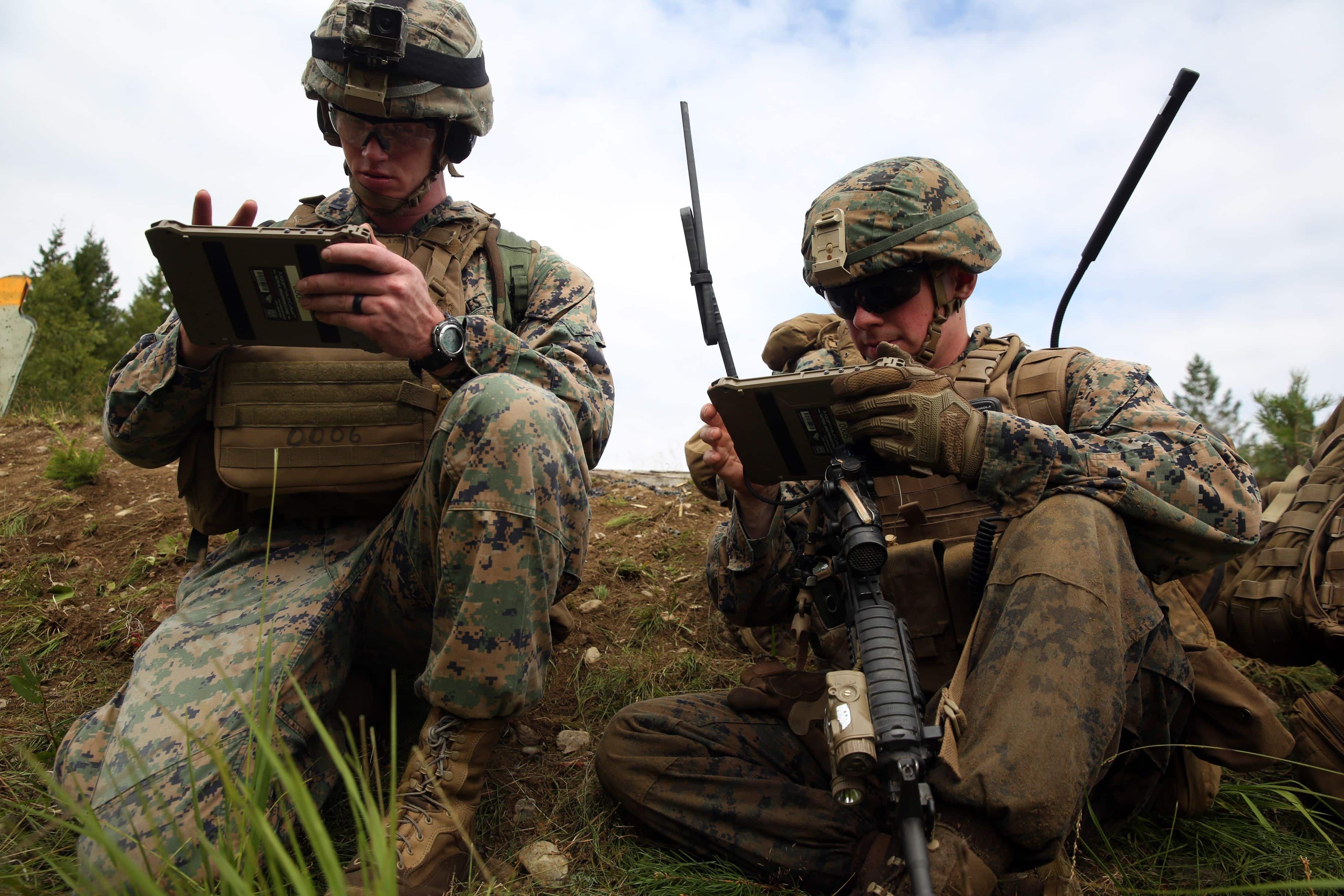The Marine Forces Special Operations Command (MARSOC) is actively seeking technological advancements, including AI, to better equip its teams for future missions. Under the Marine Special Operation Forces 2030 plan, the focus is on creating “cognitive raiders” – operators equipped with the latest technology. These developments aim to reduce the physical and cognitive strain on operators and enhance their mission capabilities.
Key Points:
- The Marine Special Operation Forces 2030 plan focuses on four primary areas of innovation: the Cognitive Operator, MARSOF as a Connector, Combined Arms for the Connected Arena, and Enterprise Level Agility.
- MARSOC Commander, Maj. Gen. Matthew Trollinger, emphasized the shift towards smaller teams with more advanced technological training and equipment to operate in increasingly complex environments.
- Gunny A highlighted the need for versatile technologies, expressing concern over the current “one-trick ponies” that limit mission options. The emphasis is on data aggregation tools and software that can consolidate various applications for intelligence work.
- The vision for AI within MARSOC aligns with the Special Operations Command and the broader Marine Corps, aiming to utilize AI for better decision-making and data aggregation.
- While observing the conflict in Ukraine, MARSOC has taken interest in the advances of AI in European military contexts, especially in data fusion. However, they approach AI with caution, considering security layers, cybersecurity, data integration, and the overall accuracy of machine learning.






